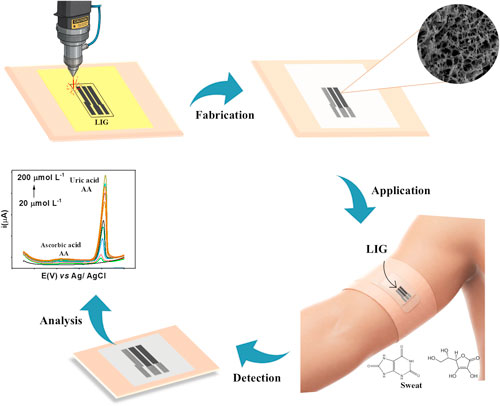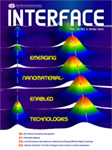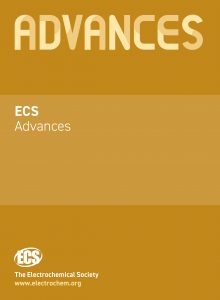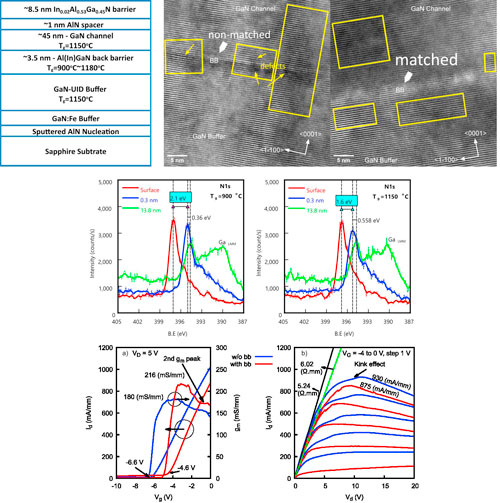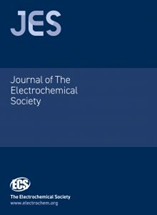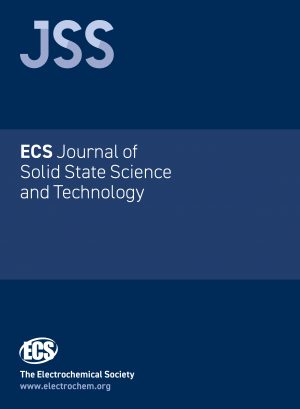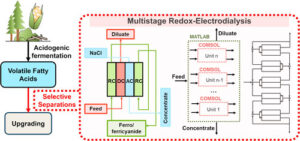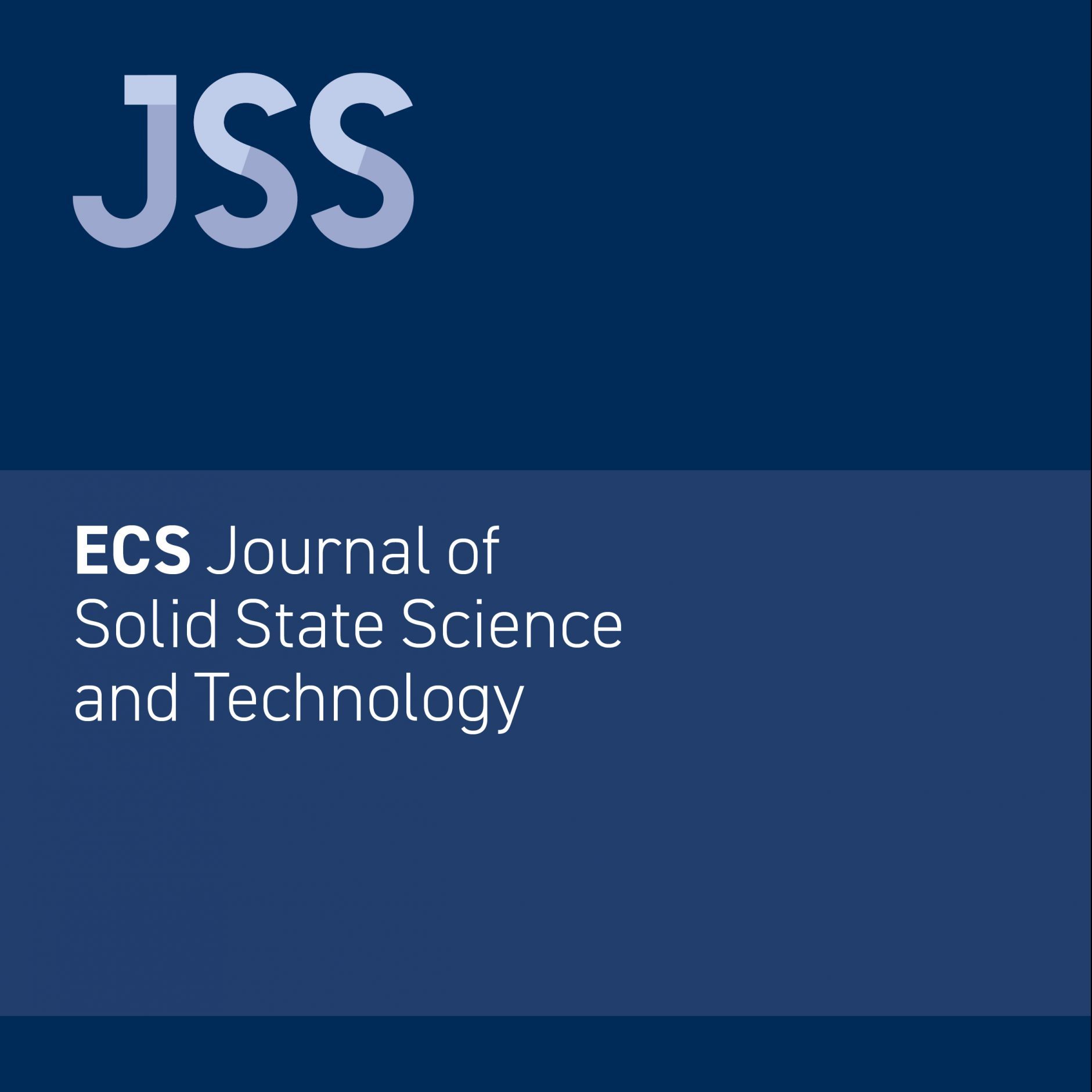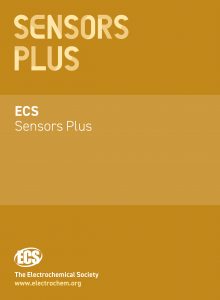In their recent ECS Sensors Plus article, authors Leyllanne K. A. Souza, Maxwell D. Bridges, Thaisa A. Baldo, Wendell K. T. Coltro, and Charles S. Henry introduce an innovative and accessible approach to wearable biosensing by transforming a simple adhesive bandage into a high-performance electrochemical sensor.
Delivering low-cost, non-invasive, real-time health monitoring
As demand grows for non-invasive, real-time health monitoring, sweat has emerged as a valuable biofluid for tracking physiological biomarkers. In this study, researchers developed a flexible sensing platform using laser-induced graphene (LIG), a porous, conductive material created through laser processing, and transferred it onto a commercial adhesive bandage. The result is a lightweight, skin-conformal sensor capable of detecting key metabolites directly from sweat. (more…)


